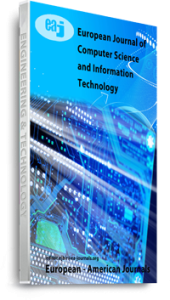Despite the global emphasis on English proficiency, the majority of engineering students whose first language is not English often encounter significant specific obstacles such as limited vocabulary, pronunciation issues, anxiety, inadequate practice opportunities, linguistic deficiencies, psychological factors, institutional constraints and pedagogical shortcomings. This study endeavors to examine the challenges faced by non-native Engineering students in acquiring English language skills to perform in real-life communication and explore the role of ESP in engineering education, emphasizing its impact on academic success, employability, and professional communication. This study looks at how ESP training customized to engineering contexts improves understanding, technical writing, and the ability to work with others, using well-known theories of language acquisition. ESP (English for Special Purpose) is tailored in a way that fits the demand of engineering students in developing the proficiency of English skills that helps them excel in their specific academic and professional domain. Unlike general English, ESP focuses on context-specific vocabulary, functions, and communication tasks relevant to engineering disciplines. ESP is designed to focus to meet the demands of individuals in their specific professional or academic context employing field-specific vocabulary and targeted skills that enhance the English proficiency in their specific academic and professional settings.
Keywords: ESP, Engineering students, English language proficiency, Language Acquisition, specialized vocabulary

